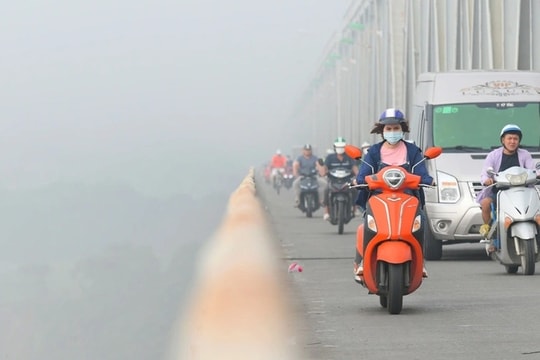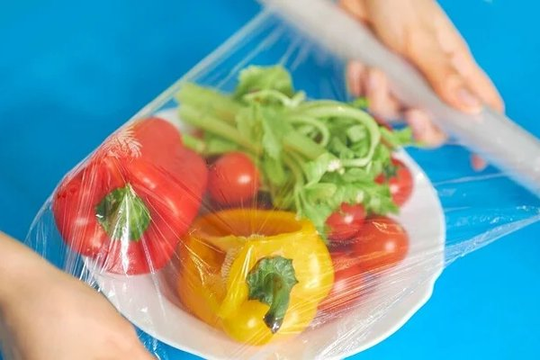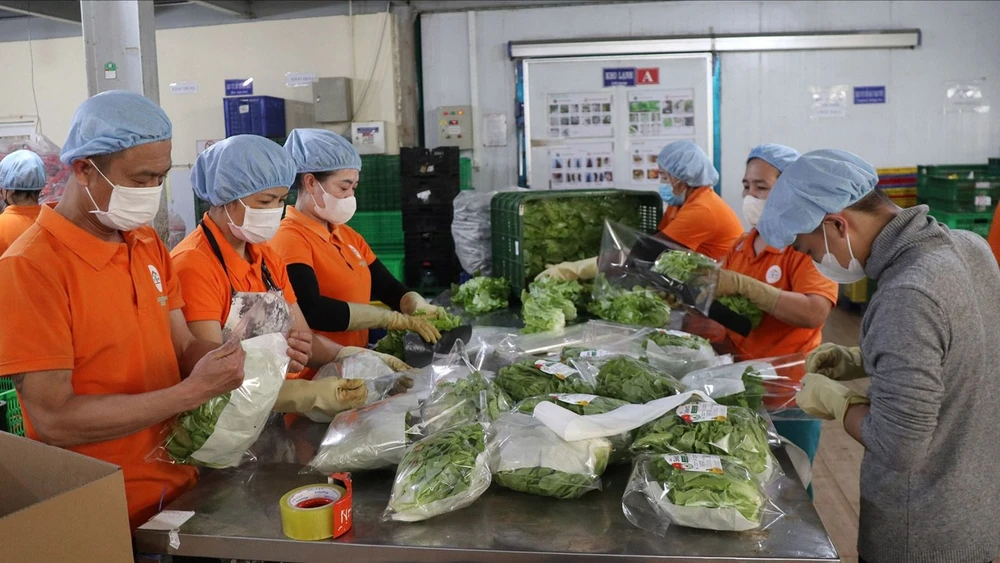
Low level of deep processing
Mr. Nguyen Anh Duc, Chairman of the Vietnam Retailers Association, noted that by the end of 2023, leading US retailer Walmart expressed interest in seeking Vietnamese suppliers for sectors including clothing and accessories, footwear, textiles, home electronics, furniture, food, and consumer goods. Similarly, major corporations, such as Amazon, AES US, and Carrefour, are also searching for Vietnamese suppliers to integrate into the global supply chain. However, seizing these opportunities remains a challenge.
Mr. Nguyen Dang Hien, General Director of Tan Quang Minh Company, shared that since the beginning of 2024, the company has received numerous orders from the Chinese market for bottled fruit juice products. However, to penetrate this market, production technology must first be automated, and the company’s products require continuous research and innovation. More critically, prices must remain competitive, a challenging task given that logistics costs have surged by 10 to 15 times compared to the same period last year. Consequently, even though orders have increased this year, meeting them is a significant challenge for the company.
Similarly, Ms. Nguyen Thi Bich Son, Brand Director of Richy Joint Stock Company, highlighted that while Vietnam benefits from diverse agricultural products and short cultivation cycles, resulting in abundant output, the company only utilizes a small portion of domestic raw materials, primarily rice and coconut, for purely Vietnamese products. Most production materials must still be imported from Europe to supply various export markets. This reliance on imported materials, rather than capitalizing on domestic resources, has driven up production costs, directly impacting competitiveness. Unfortunately, the company has few alternatives, as suitable domestic supplies are unavailable.
According to the latest data from the Ministry of Agriculture and Rural Development (MARD), as of the end of 2023, Vietnam had around 13,000 agricultural processing facilities nationwide. This included 614 centralized slaughterhouses, over 5,000 facilities collecting, preparing, and processing agricultural, forestry, and seafood products; more than 3,000 facilities for processing plant-based products; and nearly 4,000 facilities for processing terrestrial animal products.
Despite this, most businesses continue to struggle with limited production capacity and a low level of deep processing. In the seafood processing sector alone, while there are nearly 4,500 facilities, only about 850 operate at a scale that supports exports.
Limited technology and infrastructure
A key factor behind the low level of deep processing is the inadequate logistics infrastructure, particularly the shortage and inefficiency of cold storage systems for post-harvest handling. At present, cold storage facilities across the country only meet 30 percent of the demand from farmers, cooperatives, and businesses. As a result, producers are often forced to sell raw materials quickly to reduce excess inventory during harvest seasons.
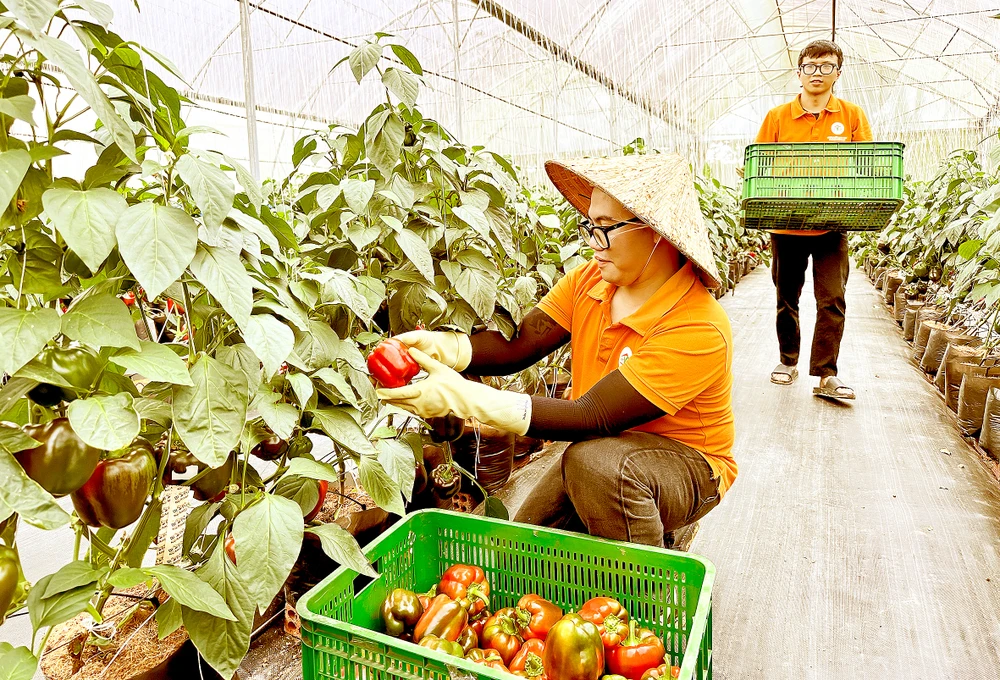
Furthermore, for deep processing and export, maintaining stringent food safety standards is essential. Yet, only around 15 percent of Vietnam's major export products consistently ensure quality control and food safety at every stage of production and throughout the supply chain. This issue stems from the limited and insufficient irradiation technology available in the country. Currently, only a few companies have access to this technology, which is far from adequate to meet industry demand.
While domestic businesses struggle with deep processing, this market is increasingly being dominated by foreign investors. Mr. Nguyen Thanh Khue, Chairman of Viet Uc Agricultural Livestock Production and Trading Company, revealed that his company's cattle herd has decreased by over 70 percent compared to previous years, and the business faces the risk of closure. The surge in imported cattle, combined with a wave of foreign investment from companies with substantial capital and large-scale processing plants and livestock farms, has left domestic businesses unable to compete.
According to the General Statistics Office, from the beginning of the year, the total value of newly registered capital, adjusted capital, and capital contributions for share purchases by foreign investors exceeded US$20.52 billion, an increase of 7 percent compared to the same period in 2023. The manufacturing and processing sector led with nearly $14.17 billion in investment, representing more than 69 percent of the total registered capital, up 7.4 percent from last year.
"In the past five years alone, 76 large agricultural processing projects with FDI investments exceeding VND73 trillion have been established, equipped with modern production lines. This reflects the growing interest and development trend in the agricultural processing industry but also poses significant challenges for Vietnamese businesses," an official from the Ministry of Agriculture and Rural Development remarked.
Ms. Ly Kim Chi, Chairwoman of the Food and Foodstuff Association of Ho Chi Minh City, emphasized that to advance deep processing, businesses must first develop their own strategies and actively upgrade outdated production technologies. On the regulatory side, appropriate financial support policies are needed, along with measures to facilitate businesses' access to capital and expedite production integration.
Moreover, it is crucial to review and selectively attract foreign investment to address deficiencies in the deep processing chain while minimizing direct competition with domestic companies. Tailored incentive policies are also necessary, including tax breaks, reduced fees, and improved IT infrastructure, to attract foreign investors capable of investing in irradiation technology, refined ingredient processing, additives, and logistics systems.
Agricultural exports exceeded $40 billion in eight months
According to the Ministry of Industry and Trade, the export of agricultural and food products has been a standout performer in Vietnam's economic landscape in recent years. In 2024, this growth has continued steadily. During the first eight months of the year, the export value of agricultural, forestry, and seafood products reached $40.08 billion, up 18.6 percent over the same period last year.



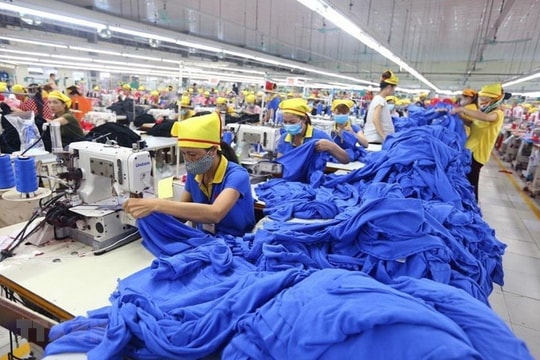
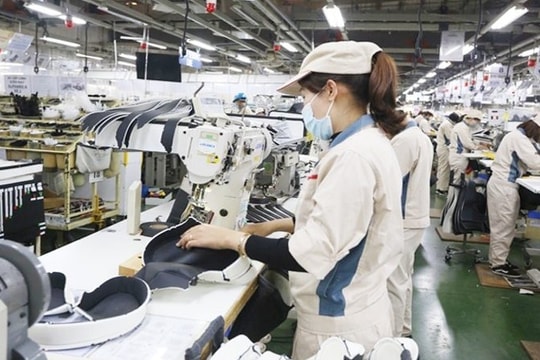
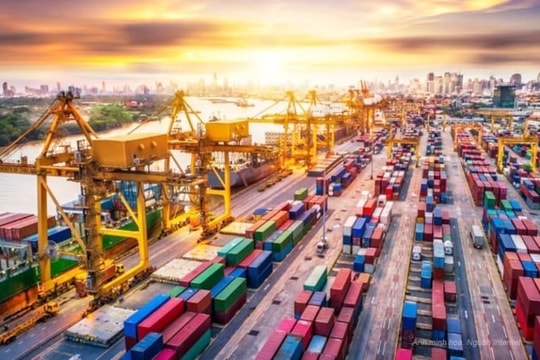
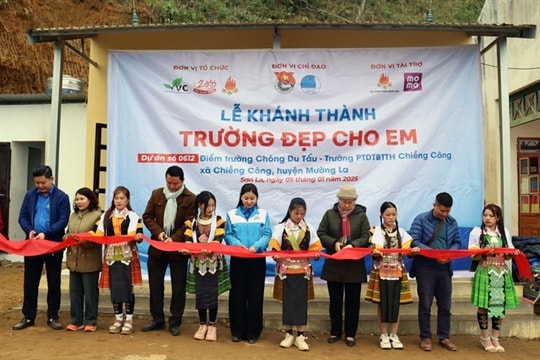




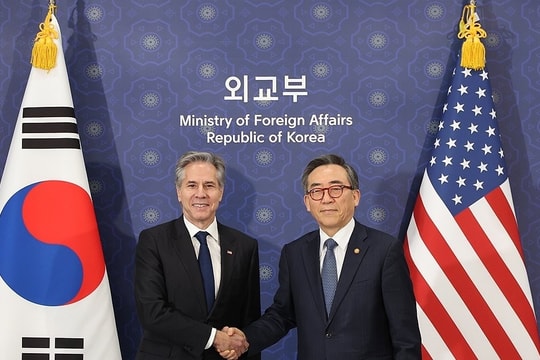

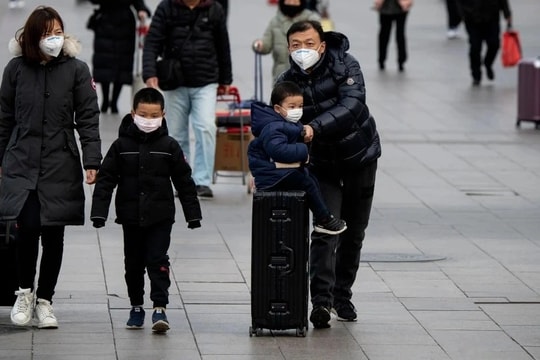


.jpg)
